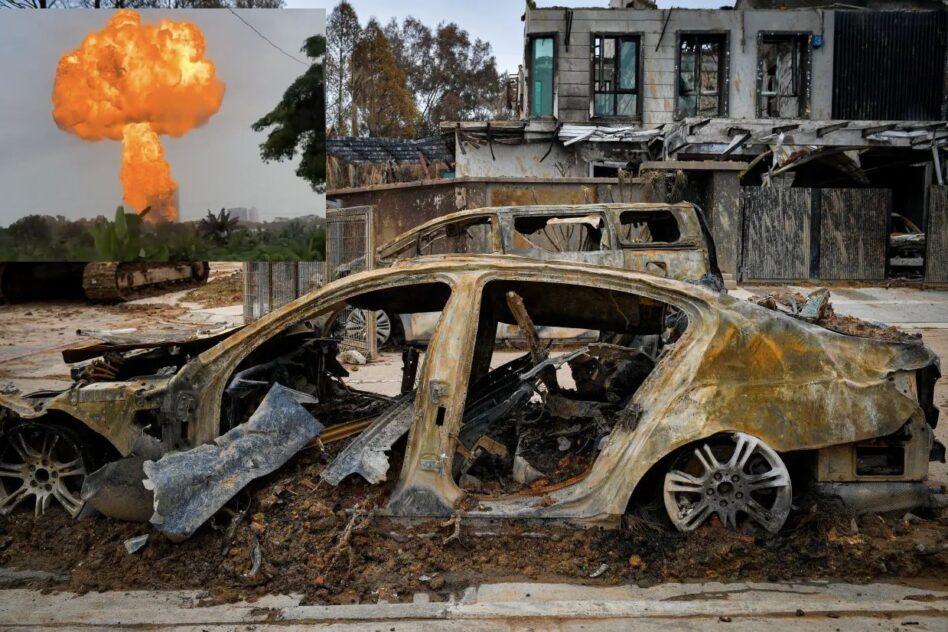 By Xavier Kong
By Xavier Kong
“The world is in a bad place” seems to be a phrase that comes up every year, and yet it seems to also be getting worse year after year. The global economy has been taking its lumps like a champ so far, but 2020 seems to be a year where it might need to take to the corner for a break and an inspiring speech from the coach.
The Covid-19 outbreak has been a source for the majority of the batterings taken, with hospitality and tourism sectors bearing the brunt of the blow, but with the follow-up striking other sectors as supply lines are affected.
But now, as though that was not enough of a call for the world to bond and keep each other afloat, the global economy may very well enter into a recession on the back of the latest oil feuds between Saudi Arabia and Russia.
Russia had announced that it would not abide by the production cuts proposed by the Organisation of Petroleum Exporting Countries (OPEC) for 2020, stating that it would produce as it pleases to recover market share lost to US shale companies.
This led to Saudi Arabia threatening to up its “maximum sustainable” oil production to counter the Russian move, which itself follows a move by the Saudis to up their production by 2.5 million barrels per day to retake market share lost to Russia and the US.
Well, guess what? Saudi state oil company Saudi Aramco has since announced that oil production will be upped by a further one million, to a total of 13 million barrels per day, leading to oil prices experiencing a free fall, taking the global economy with it for the ride.
This dependence on crude oil should actually strike a chord, especially with those that have enjoyed the pastime offered by Sid Meier’s series of Civilization games. However, the one being referenced here is actually Civilization: Beyond Earth, the series’ foray into a science fiction theme where settlers colonise and survive on alien worlds.
In a nod to the way people will never be able to leave petroleum behind, it remains one of the key resources in the game, providing boosts to the economy and production once harnessed, while lowering overall population health. It is also a finite resource, which becomes very clear in the long-term view that is the norm for the series.
So this really begs the thought: Why does the world continue to base its entire economy on a finite resource that is constantly in use and in high demand, when even a game from 2014 can clearly show what is likely to happen when we are dependent on finite resources?
Look at it this way – oil prices are still largely a stabilising force in the global economy, while also providing millions of people with employment. However, once this dries up (and it will dry up, as oil is a finite resource after all), what will happen then?
Even the environmental sustainability pursued by a growing portion of the world’s population is a factor. Already seen is how countries have promised to go carbon neutral, or transition to purely renewable sources of energy for their needs, so what happens to the oil and gas industry then?
Honestly, it is not as though the world did not know that the oil will stop flowing eventually. According to researchers Richard G Miller and Steven R Sorrell in their 2014 paper titled “The future of oil supply”, oil is a finite and rapidly depleting fossil resource, and the capacity to maintain and grow supply has been a recurrent concern for over 50 years.
Miller and Sorrell note that an increasing number of commentators have been forecasting a near-term peak and subsequent terminal decline in the global production of conventional oil, with the process forecast to lead to substantial and sustained disruption of the global economy, with alternative sources of energy being unable to “fill the gap” at acceptable cost on the time scale required.
The numbers from the Statistical Review of World Energy by British Petroleum show it is likely that economically viable crude oil will run out by 2070, a mere 50 years away.
A question that begs to be answered is this: Why were these warnings not heeded?
While it is understood that necessity is the mother of invention, is there really a need to wait until the world has been brought to its knees with the global economy crippled and at a standstill before dwindling resources are directed towards self-sustainable forms of energy?
With no answers to these questions, is it really that much of a surprise that the global economy, pegged to this finite resource that makes up 87% of the world’s energy needs, goes for a free skydiving lesson when the powers behind it decide to make power plays? No, it is no surprise at all. – March 12, 2020









